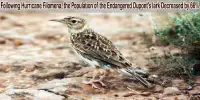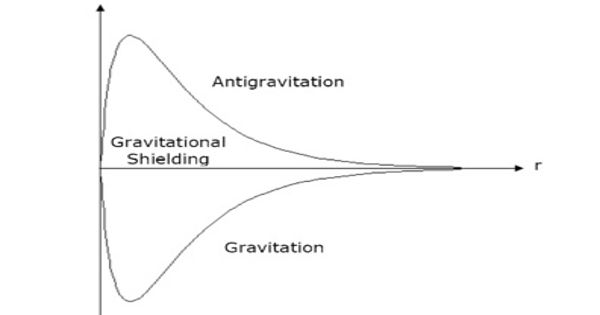The body composition and inflammatory markers of overweight dogs on a low-calorie, high-protein, high-fiber diet for 24 weeks improved in ways that paralleled the favorable changes seen in humans on similar diets.
The dogs lost weight while maintaining muscle mass, and their serum lipids, insulin, and inflammatory markers all dropped as a result of the weight loss.
All of these changes are advantageous, according to Kelly Swanson, an animal sciences professor at the University of Illinois Urbana-Champaign who conducted the current study.
Previous research has shown that obesity and overweight contribute to a shorter lifespan and lower quality of life in both dogs and people, according to Swanson.
“Some of the problems we see in humans with obesity also occur in pet dogs,” he said. “There’s added stress on the joints, there’s an intolerance to exercise and heat; there’s also glucose intolerance, insulin resistance. And if you look at pet insurance claims, obesity is a big factor there.”
The study, which was published in the Journal of Animal Science, is unique in that it also tracked changes in the dogs’ fecal microbiome while they lost weight, according to Swanson.
Even while the metabolic and digestive processes of dogs and people are similar, the kinds of microorganisms that live in the gut varies, he noted. However, these microorganisms have comparable functions.
They break down fiber to form short-chain fatty acids, which are vital in controlling glucose and hunger, lowering inflammation, reinforcing the immune system, and supplying energy to colon cells.
Some of the problems we see in humans with obesity also occur in pet dogs. There’s added stress on the joints, there’s an intolerance to exercise and heat; there’s also glucose intolerance, insulin resistance. And if you look at pet insurance claims, obesity is a big factor there.
Kelly Swanson
Swanson stated that some of the microbiological alterations seen in the dogs were difficult to interpret, but that a decrease in fecal ammonia, which was presumably caused by the dogs eating less protein on the calorie-restricted diet, was likely favorable.
“High concentrations of ammonia are toxic,” he said.
The amount of bacteria in the genus Allobaculum increased in dogs who lost weight. Increased Allobaculum populations were linked to an increase in fecal butyrate, a short-chain fatty acid produced as a consequence of dietary fiber fermentation.
Butyrate has been proven to have anti-inflammatory and anti-carcinogenic properties in the gut in previous research.
The concentrations of total short-chain fatty acids, on the other hand, did not alter over time. According to the researchers, this could be due to the fact that the majority of these organic acids are absorbed rather than expelled.
The majority of gut microbiota research focuses on humans, thus the new study sheds light on the similarities and differences between dogs and humans, as well as how they react to dietary changes and weight reduction.
More research will be needed to clarify the findings, Swanson said. Funding for this project was provided by Perfect Companion Group Co. Ltd., Thailand.
















